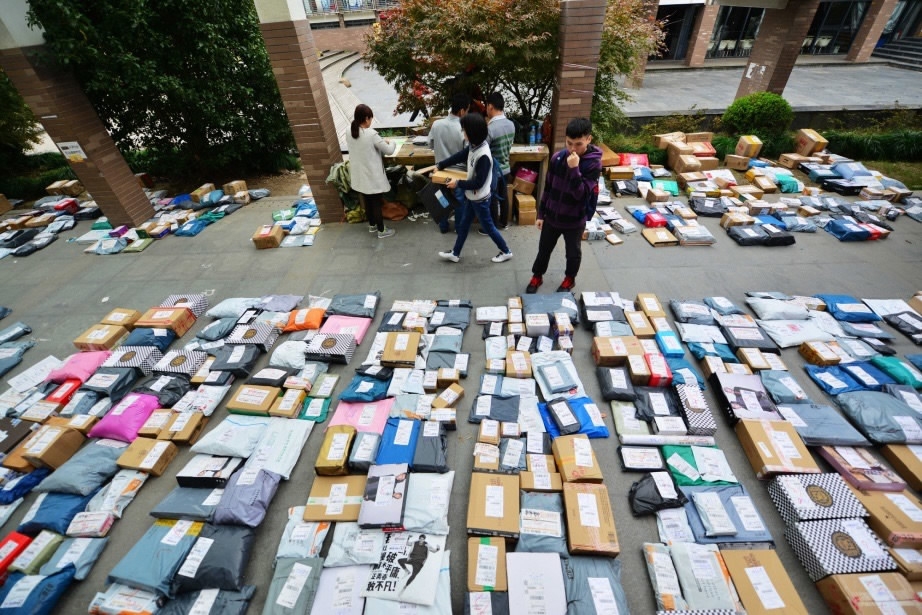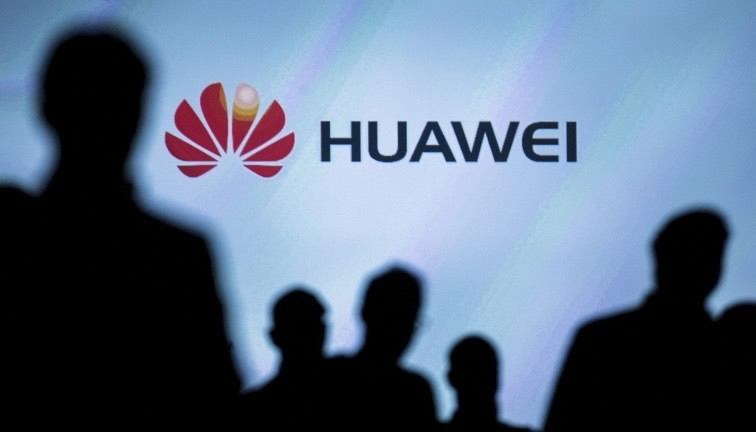
Business
11:58, 19-Mar-2017
China’s cross-border M&A makes a mark - but can it last?
Updated
11:05, 28-Jun-2018

Overseas mergers and acquisitions (M&A) are a fundamental part of China’s advance onto the global stage - a marketplace in which Chinese companies enjoyed a record year of investment in 2016.
China overtook the US in outbound M&A volume for the first time last year, with deals totaling 219.3 billion US dollars announced, according to Dealogic. Research from the financial data firm found that Chinese firms announced a total of 745 cross-border deals, more than half of Asia Pacific’s outbound volume of 445.1 billion US dollars.
China’s non-financial outbound direct investment (ODI) increased 44.1 percent from a year ago in 2016, reaching 170.11 billion US dollars, according to Commerce Ministry figures.

VCG Photo
VCG Photo
Buying or integrating with overseas companies opens doors to new markets, and provides access to fresh research and knowledge. It can in turn improve skills and raise productivity in operations back home.
The M&A market is increasingly globalized and foreign investment is a symbol of a country’s outlook: promoting sensible cross-border investment is a clear sign of an outward looking nation eager to play a part on the global stage.
Branching out
Dalian Wanda, China’s biggest private property developer, now has overseas investments totaling more than 15 billion US dollars.
Not only has it built luxury hotel lines, its cross-border M&As also include US film studio Legend Entertainment, the world’s second largest cinema chain AMC Theatres, Switzerland’s Infront Sports & Media, and the US-based World Triathlon Corporation. It has purchased towers and hotels in the UK, the US, Spain and Australia, and dipped its toes in waters spanning property, culture, entertainment, media and Internet finance.

Screenshot from Dalian Wanda website photo shows Wang Jianlin, Chairman of Dalian Wanda, singing a song at the company’s annual gala in Hefei, Anhui Province, January 17, 2016.
Screenshot from Dalian Wanda website photo shows Wang Jianlin, Chairman of Dalian Wanda, singing a song at the company’s annual gala in Hefei, Anhui Province, January 17, 2016.
People from almost every country and region on the globe were involved in Alibaba’s Singles’ Day shopping spree, while 47 million consumers ordered products by international brands on the biggest e-commerce market in the world, according to Alibaba CEO, Zhang Yong.
Jack Ma, Chairman of Alibaba Group, thinks that globalization is “great stuff” for both China and the US. Ma said that "American multinational companies made millions and millions of dollars from globalization," adding that “in the past 30 years, IBM, Cisco, Microsoft, they've made tens of millions — the profits they've made are much more than the four major Chinese banks put together. ... but where did all the money go?”
He argued that the US is not distributing its money properly, and that’s why many in the country feel racked with economic anxiety. He said too much money goes to Wall Street and Silicon Valley, while instead the country should actually help the Midwest.

Students at a Shanghai college pick up deliveries they ordered on Singles’ Day last year. On the November 11 online shopping day, consumers spent more than 120 billion yuan (17.6 billion US dollars) on leading e-commerce platform Alibaba.
Students at a Shanghai college pick up deliveries they ordered on Singles’ Day last year. On the November 11 online shopping day, consumers spent more than 120 billion yuan (17.6 billion US dollars) on leading e-commerce platform Alibaba.
Ma said that globalization is a good thing, but the world needs leadership designed around cooperation.
In January, Alibaba stepped up its international expansion when its Ant Financial Services acquired the US money transfer service MoneyGram International for 880 million US dollars.
Meanwhile, Huawei, China’s leading information and communications technology solutions provider, serves more than 170 countries and regions, with over one-third of the world’s population. It has become the world’s third-largest vendor of smartphones by market share, according to research company Gartner.
Obstacles
Seven consecutive years of increased cross-border investment suggests an easy path for Chinese companies, but firms have faced various obstacles as they ventured into international markets.
Huawei faced lawsuits from patent troll companies in the US back in 2015, has had to counter security concerns and was forced to cease manufacturing in Brazil due to tax reasons.

VCG Photo
VCG Photo
Dalian Wanda’s proposed one billion-US dollar purchase of Dick Clark Productions is reportedly on the rocks. The latter runs the Golden Globe awards and Miss America pageants. The primary obstacles are said to be getting currency out of China and getting regulatory approval from the Chinese government.
China moved to reign in capital outflows in 2016 to ensure that worthwhile overseas investments are made, and this is one of the reasons analysts expect a drop in cross-border spending by Chinese firms this year.

VCG Photo
VCG Photo
China’s Commerce Ministry itself believes China’s outbound direct investment will steadily slow in 2017. Spokesperson Sun Jiwen said in February that Chinese companies faced increased risks in investing overseas due to fluctuations in international financial markets, uncertainties in other countries' economic policies and restrictions by some developed countries on investment from China.
Analysts at ratings agency Standard & Poor’s agreed. "We anticipate that Chinese overseas buyers will face tougher regulatory and political hurdles this year and that some high-profile international deals will come under increased scrutiny. Countries such as the US are also likely to favor tougher policies," says a report by the agency.

SITEMAP
Copyright © 2018 CGTN. Beijing ICP prepared NO.16065310-3
Copyright © 2018 CGTN. Beijing ICP prepared NO.16065310-3